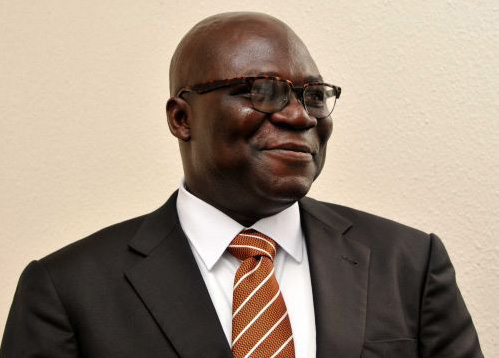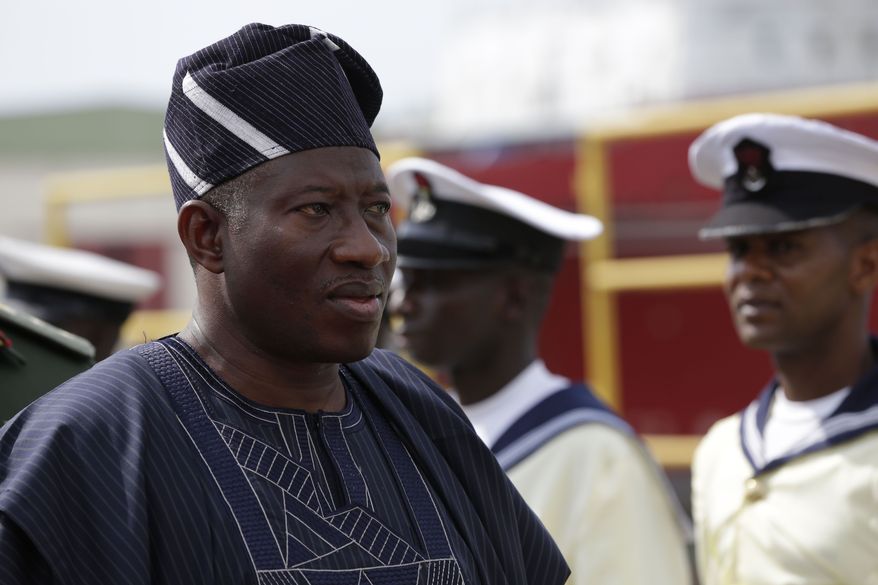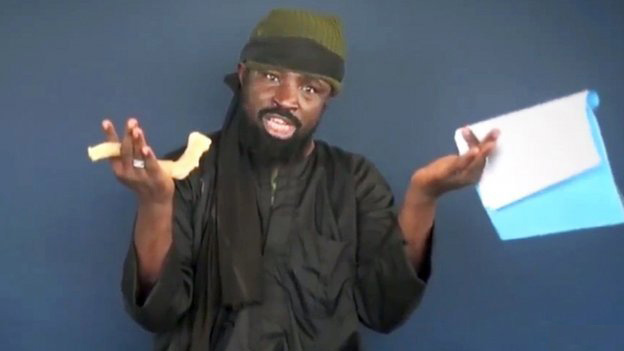For a start, I saw a posting on social media in which a man was pictured standing on an electric pole. A message on the poster reads: “I told them, I want to vote for Buhari, they asked me to go and hug electric pole. I have hugged it, nothing happened. We don’t have power supply ‘joor’.” Does that message strike you?
In the past two weeks, long queues have returned to our gas stations and this year alone, the power supply has been so erratic. That has heightened the frustration everywhere. To compound the problem, Nigerians (with ingenuity for creating their own social services) have increased their investments in generators for power supply, though at the risk of hearing loss and many other environmental problems associated with the use of the combustible machine, including its contribution to reducing lifespan.
As usual, there has been no clear explanation on the fuel scarcity from the government. It has been blamed on one thing or the other without the government wanting to take responsibility for anything.
We have been fed with diverse kind of stories, depending on who is speaking for the government or the agencies.
Advertisement
The reason for the scarcity has been a collection of stories from government’s indebtedness to Oil marketers, pipeline vandalism to sabotage by the opposition All Progressives Congress.
One other issue that no one is talking about these days is the issue of job loss. I have had direct contact will people who have lost their jobs in different companies this year alone. Interestingly, the story of job loss seems not to be making headlines for whatever reason. But there is a constant denominator in all of these: Poor leadership and bad management.
One interesting story I have heard many years back continues to come back to me in recent times as I try hard to understand how we got here as a nation.
Advertisement
The great Greek storyteller, Aesop, told a story about a farmer who found that his goose had laid a yellow egg. He picked it and realised it was as heavy as lead. He was going to throw it away, because he thought a trick had been played upon him. But he took it home on second thoughts, and soon found to his delight that it was an egg of pure gold. Every morning the same thing occurred, the goose laid a golden egg. Soon he became rich by selling his eggs. As he grew rich he grew greedy; and thinking to get at once all the gold the goose could give, he killed it and opened it only to find nothing. There was no egg and the goose was dead.
This story is Nigeria’s story. Nothing more! I’m going to show you in a moment how this is Nigeria’s story.
It’s certain that if nothing changes, which is quite unlikely, the federal government will make further cuts in this year’s budget any moment from now. The Coordinating Minister for Economy and Minister of Finance, Mrs. Ngozi Okonjo-Iweala gave vent to that in her recent speech on the state of the economy.
And when that happens, it will be about the fifth time in the space of four months that we will be having budget cuts. Mrs. Okonjo-Iweala continues to tell anyone who needs to know that this is a trying time for the Nigerian economy. In clear word, it is called austerity.
Advertisement
She has said that everywhere, but not without putting up a defence for President Goodluck Jonathan and his government.
The blame should go to the 36 states of the federation who had insisted that windfalls be shared out. The National Assembly had also played a part in reducing the amount of money saved by consistently driving the budgeted oil price above where Okonjo-Iweala wanted it.
“When I said we must save for a rainy day they said it was already raining and we have to spend the money now,” Okonjo-Iweala recently told Financial Times of how state governors forced the hands of the federal government to share the money like spoils of war, while trying to explain why the money she saved 10 years ago as finance minister had been depleted.
The simple truth is that our leaders at the state and federal levels are greedy people. Just like that Aesop story, as they grow rich, they grow greedy. Our commonwealth has been plundered by some individuals who are now flaunting the wealth in our face and causing more harm to the economy.
Advertisement
Nigeria gained an extra US$390 billion in oil-related fiscal revenue over the period 1971 – 2005, but our infrastructure is still in shambles and the live of an average Nigerian has not changed much.
Despite such windfall, Nigeria has an increasing proportion of impoverished population and experienced continued stagnation of the economy.
Advertisement
In 2008 alone, Nigeria raked in so much from the global Oil price which was favourable to the country at the rate of $120 per barrel. What did we do with the money?
Almost the same period that Nigeria had its windfall, Saudi Arabia had the same, even though what Saudi had was higher in proportion to what we had, the clear difference was the managers of these two oil wealth.
Advertisement
Saudi Arabia used its massive oil revenue to finance a vast and continued programme of infrastructural, agricultural, and industrial development, while allocating substantial funds for the mordernisation of its educational and health facilities and for the buildup of its armed forces.
Really, part of the windfall was invested in oil refining, petrochemical, metal and other industries. Saudi also maintained a strong welfare programme in addition to this. Everything was done based on 10-20 year plan and the thrust of that development policy was for the diversification of the country’s economy. Today, Saudi is a gainer where Nigeria is a loser.
Advertisement
The poor management of our oil revenue and our inability to transform from being an oil dependent nation quickly to an agro-based economy and other non-oil sector is now making us feel the bump as our vehicle careens down our bad road scattering stones behind it like gunshot. The driver himself is equally driving in anger without consideration for the bad portions of the road.
Of course, President Jonathan has said he has done more than any other president in history, so those hurling insults at him perhaps do not understand history.
Now, this is the question, why do we as a people continue to end up with leaders like the ones we have had in Nigeria in the last four decades? And given that the two people now contending for our votes to lead us for the next four years have been part of this history, where do we go from here?
Views expressed by contributors are strictly personal and not of TheCable.
Add a comment




